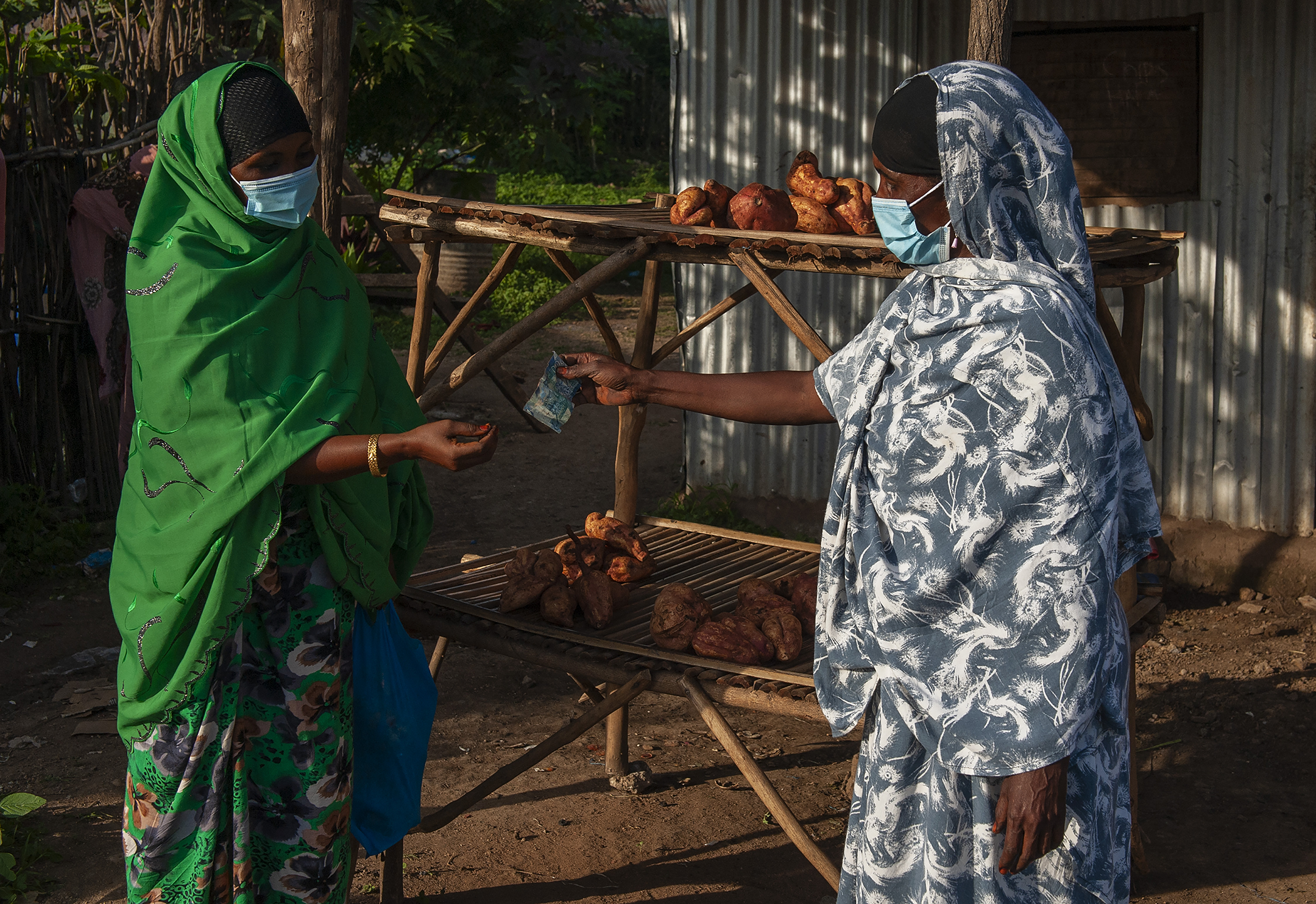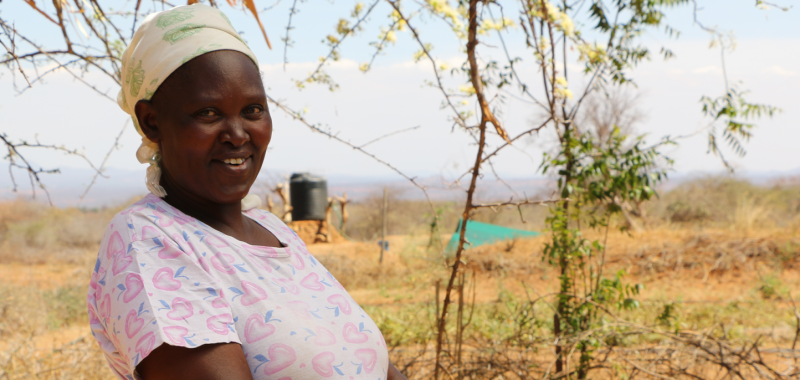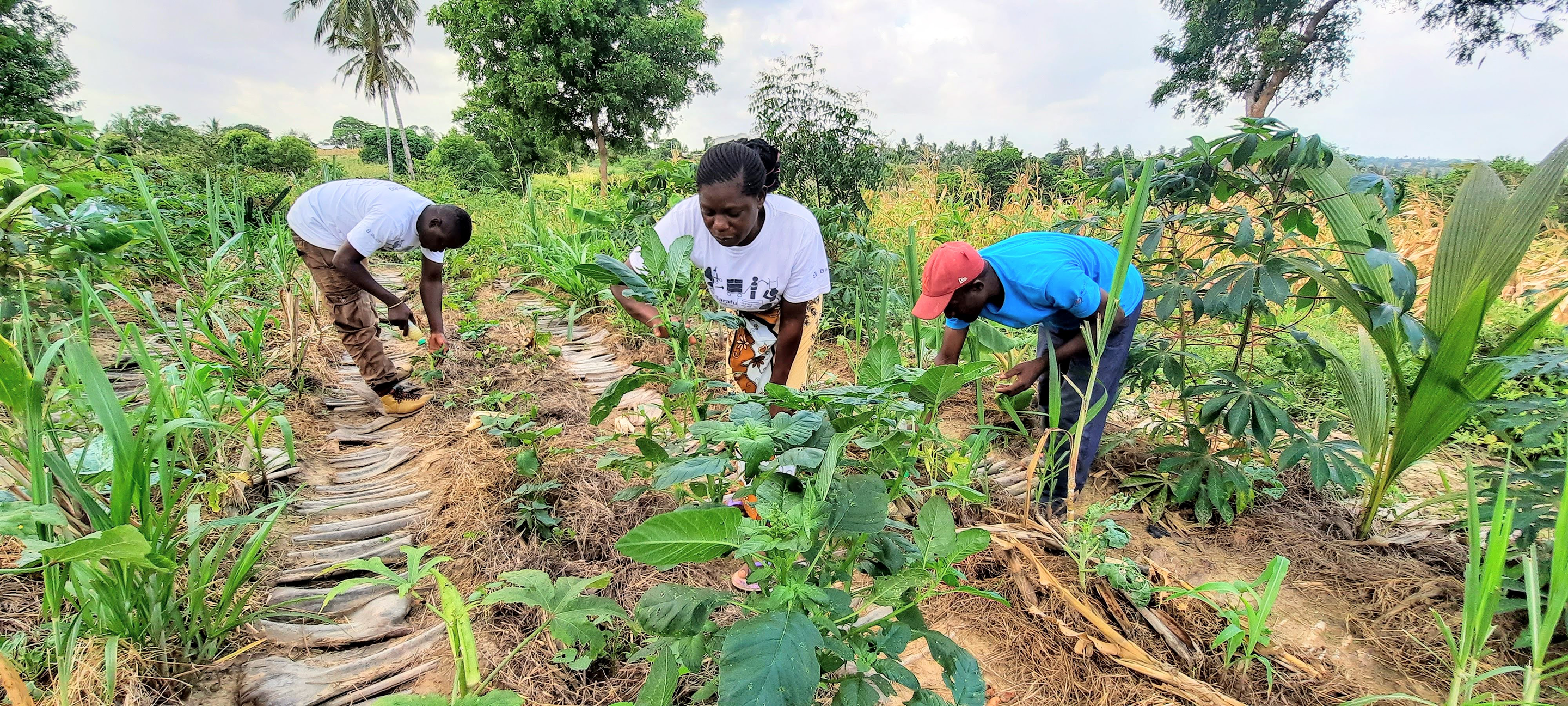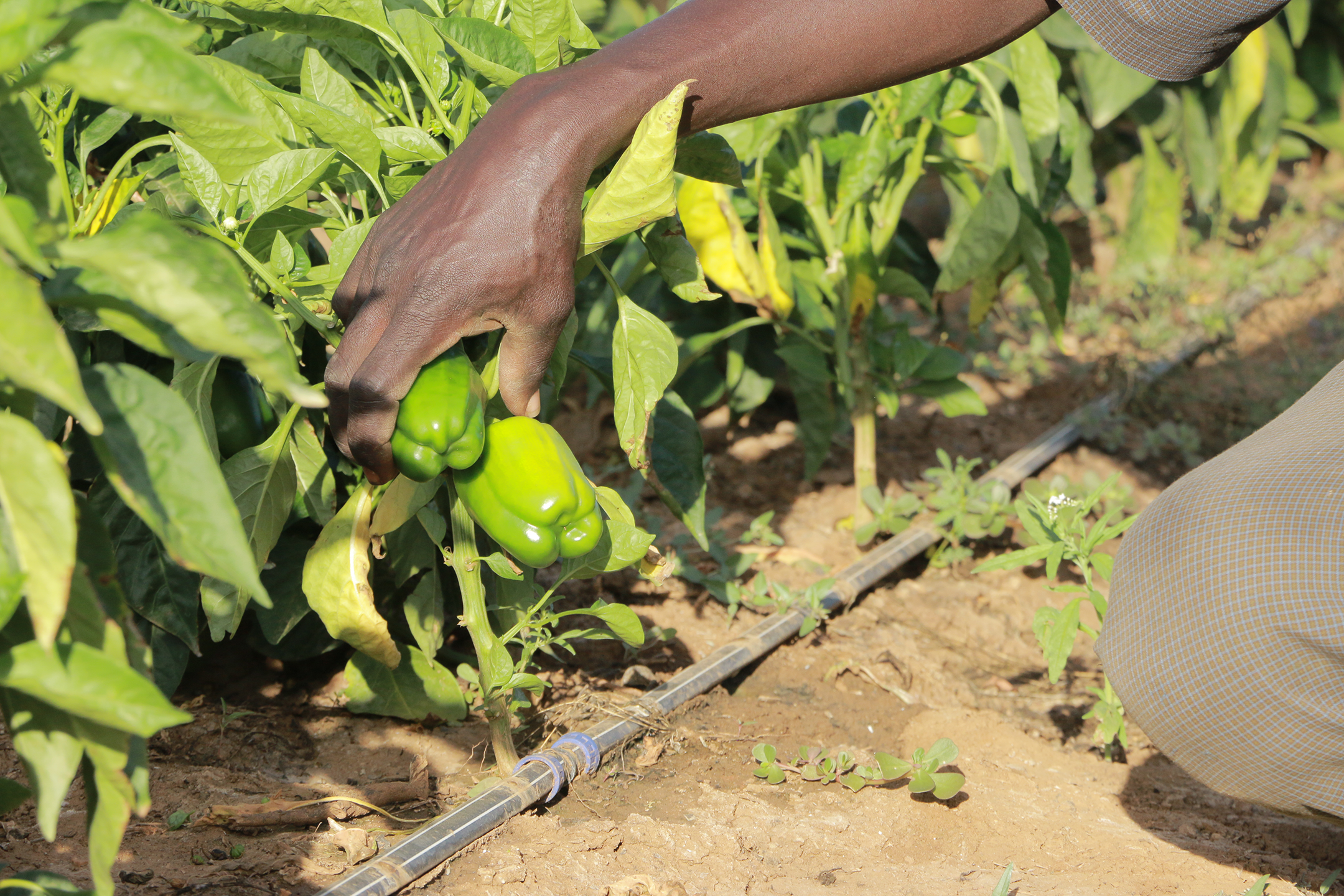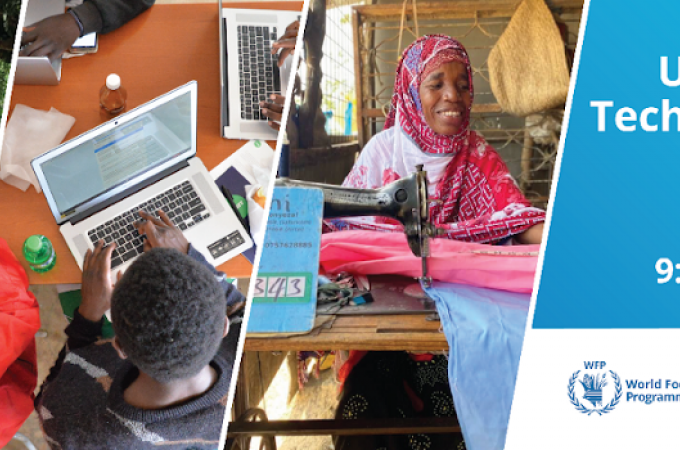In countries facing food insecurity, local markets are often fragmented and inefficient, resulting in soaring debts and market volatility.
In this context, women, smallholder farmers and other marginalized groups tend to be excluded from existing financial systems. Difficult access to credit impedes investment, and there is often no sustainable way for community groups to finance community projects.
